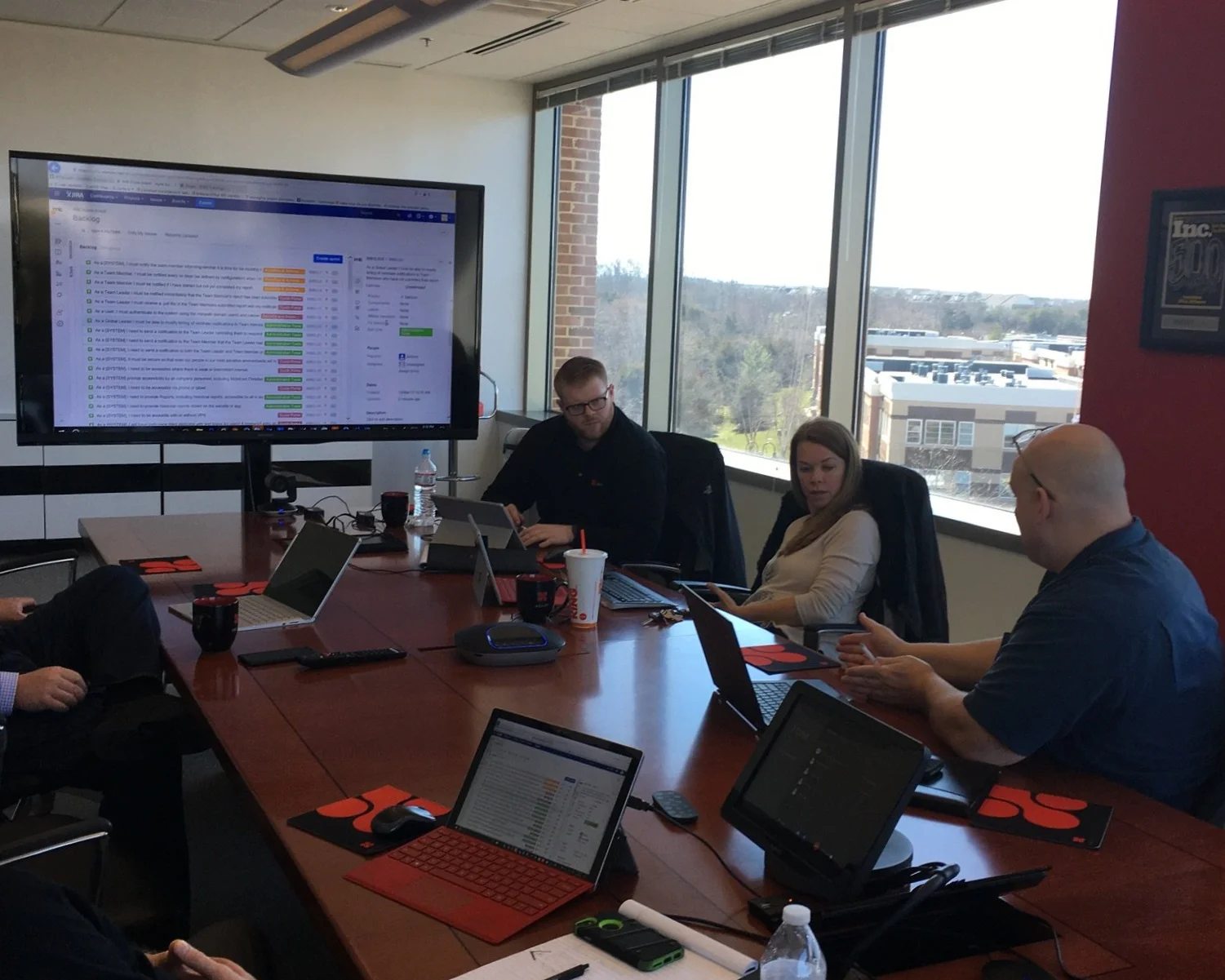I did not aspire to become a sales manager, but like many others, I was offered a job in sales management because I was one of the best sales people. The best sales people don't necessarily make the best sales managers and initially that was true about me. Early in my sales management career, I tried to hire people similar to me and I was either too involved or not involved enough with my team. Over the years I have developed a regular cadence of sales management activities that have helped me recruit, retain, and develop top talent. This cadence includes…
6 Books to Change Your Teen's Life
I live in Northern Virginia, a community where many parents hope kids will get a sports scholarship. They demonstrate this belief by the money they spend on travel sports including paid coaches, trainers, custom diets, and private lessons. Sports have been shown to have positive effects on kids, but statistically only .2% of students will get more than $25,000 towards a college scholarship. This being the case, I believe that parents are better off saving money in a 529 plan and incenting their teens to read a few books that can change their life.
Extreme Ownership
Recently, I read the book Extreme Ownership written by Jacko Willink and Leif Babin. I have read hundreds book on business and leadership and I would put this one in the top 10. While some of the lessons in this book are not completely new, the emotion of the stories makes the authors' 12 principles come alive. After reading this book I felt I needed to conduct a careful assessment of my leadership style to evaluate whether I was committed to extreme ownership. I am not convinced that I have always owned everything in my world, specifically their principle of leading up the chain of command.
Recognition Leads to Results
I had the privilege of seeing this phrase modeled by Tom Mendoza when I worked at NetApp. Tom made 10-15 calls per day to encourage or praise people working at our company or our partners. He offered to call anyone if someone sent him an email telling him why he should thank someone in our company for their efforts. Tom said, "People don't care what you know until they know that you care." He also said, "Leadership is the ability to have people galvanize around a mission to perform at a level much greater than they would have done individually." Tom taught me a lot about how to build a high performance culture.
The Value of Relationships
While I am thankful for what I have received, I have enjoyed giving to others even more. Helping others is what has given my career meaning. Building relationships has given me the opportunity to help others grow their careers and their companies. Helping others has included providing advice, job search assistance, serving people their network, or just encouraging people to become their best.
3 Problems with Canceling Student Debt
Bernie Sanders has proposed the canceling of 1.6T in student debt and making college education free. Elizabeth Warren has her own plan for addressing student debt and the cost of college education. I believe we have a great problem with debt in this country and student loans are one of the most challenging debts because students take on these loans early in life. While I applaud Bernie Sanders and Elizabeth Warren for wanting to do something about the problem, I believe canceling student debt is not the right answer. Below are three reasons.
4 Steps to Solve Problems
We can't control whether or not we have problems, but we can control how we react to them. If we have a framework to solve problems, we will be more effective at work, home, and in relationships. If you are a leader, a problem solving framework will make you better as you coach your team through the process of problem solving. Below are 4 steps, along with strategies, I use to solve problems.
When to Perform a POC
For evaluations to provide value they should: First, be offered only when there is qualified opportunity. Second, they should be performed in a structured manner much like any other IT project. Below are four recommendations on what constitutes a qualified opportunity and how to prepare for a proof of concept.









